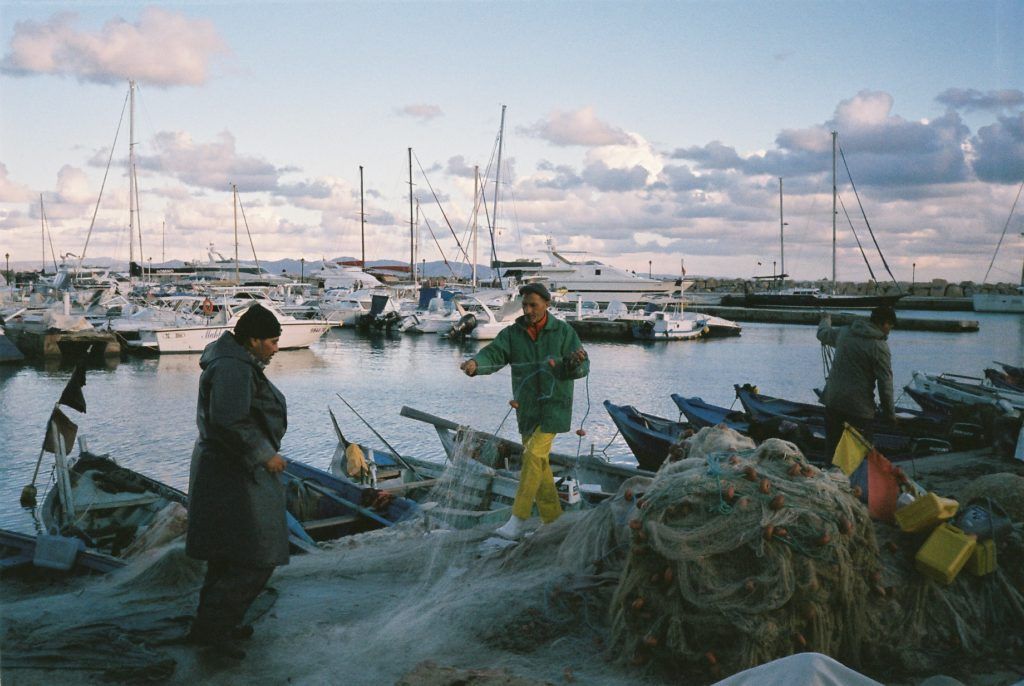The ENI CBC ITALY-TUNISIA PROGRAMME
When we think of cross-border cooperation, we usually have in mind a land-border. But some countries are separated by water, and this border is no less significant in terms of historical links, quite the opposite. A maritime separation sometimes only takes a few tens of kilometres of sea. For millennia, this sea has been a common space, a shared identity that links two countries, two civilizations, even if today very distinct from each other.
This month, the E-bulletin takes you to discover the ENI CBC Italy-Tunisia programme. The cooperation area of the programme is spread over the regions located on both sides of the maritime route bordering Sicily and Tunisia. An amount of €33 million has been allocated by the European Commission to support projects in the fields of SME development and entrepreneurship, in the fields of education, research and innovation. Environment is also an important priority for the cooperation between the two countries. The second step of the first call for proposals opened to public and private organisations from the eligible areas has just been finalised on 18 October. Out of 149 submitted proposals, around 15 projects will be funded for a total €16 million. Tunisian institutions are leading around 40% of the proposals confirming the increased interest in the programme and their improved capacity. Applications focus on environment related issues, coastal management, energy and water management. Others address common economic challenges and the reinforcing of sectors such as fisheries and smart agriculture. It is expected that the first selected projects will start during the first quarter of 2019. The second call for projects will probably be launched in June 2019.
These two civilisations are linked by centuries of history. But it is in a rather particular context that project leaders and programme representatives are working today to consolidate the links, to construct and to imagine together this space and this common heritage. Projects in the local economic sector, such as support and labelling to artisanal fishery, and also in the field of heritage around underwater archaeology, or sustainable agriculture and renewable energy have already been funded in the previous period. All actors are unanimous. The Mediterranean is a sea that unites the Sicilian people and the Tunisian people: heritage, culture, fishing, cooking, history, archaeology, and so many other areas that make them real partners on the European scene. Without denying the current sad reality, these links go well beyond the difficult topics faced today when we refer to the Mediterranean Sea.
To the question that burns the lips on the impact of this programme in relation to the challenge of migration, the responsible persons of the programme answer that even if this cooperation does not solve directly the questions of migrations, because it is not its mission, the projects supported largely contribute to developing the local and micro economy, enabling people to develop their activities for their benefit and the ones of their families.
It is to celebrate this intense and long-lasting cooperation between Tunisia and Sicily that representatives of the programme, politicians and regional actors, met in Mazzara del Vallo, in Sicily, on 5 October for the European Cooperation Day. If part of Tunis is called “little Sicily”, Mazzara del Vallo is populated by many Tunisians. Here migrations have been happening naturally and smoothly for centuries. They enriched these two parts of the world and gave them this mixed colour as natural as inevitable. No doubt, the exchanges are there and the European Union only supports what has already existed for years. “We have the same challenges, we have the same problems from an environmental point of view, from a social point of view. We must share, we must work together. And we can really learn from each other. We should be partners and not competitors to be stronger on the world stage.” explains Dario Tornabene, director of the programme’s Managing Authority. And he finishes “We must try thinking beyond borders”.
For more information on the programme, consult the website and the programme Facebook page
www.italietunisie.eu & www.facebook.com/Programme.ItalieTunisie
Discover the Italy-Tunisia programme thanks to the IHECS student documentary, here (minutes 24.10) https://www.youtube.com/watch?v=UVdKlnjG8U8
